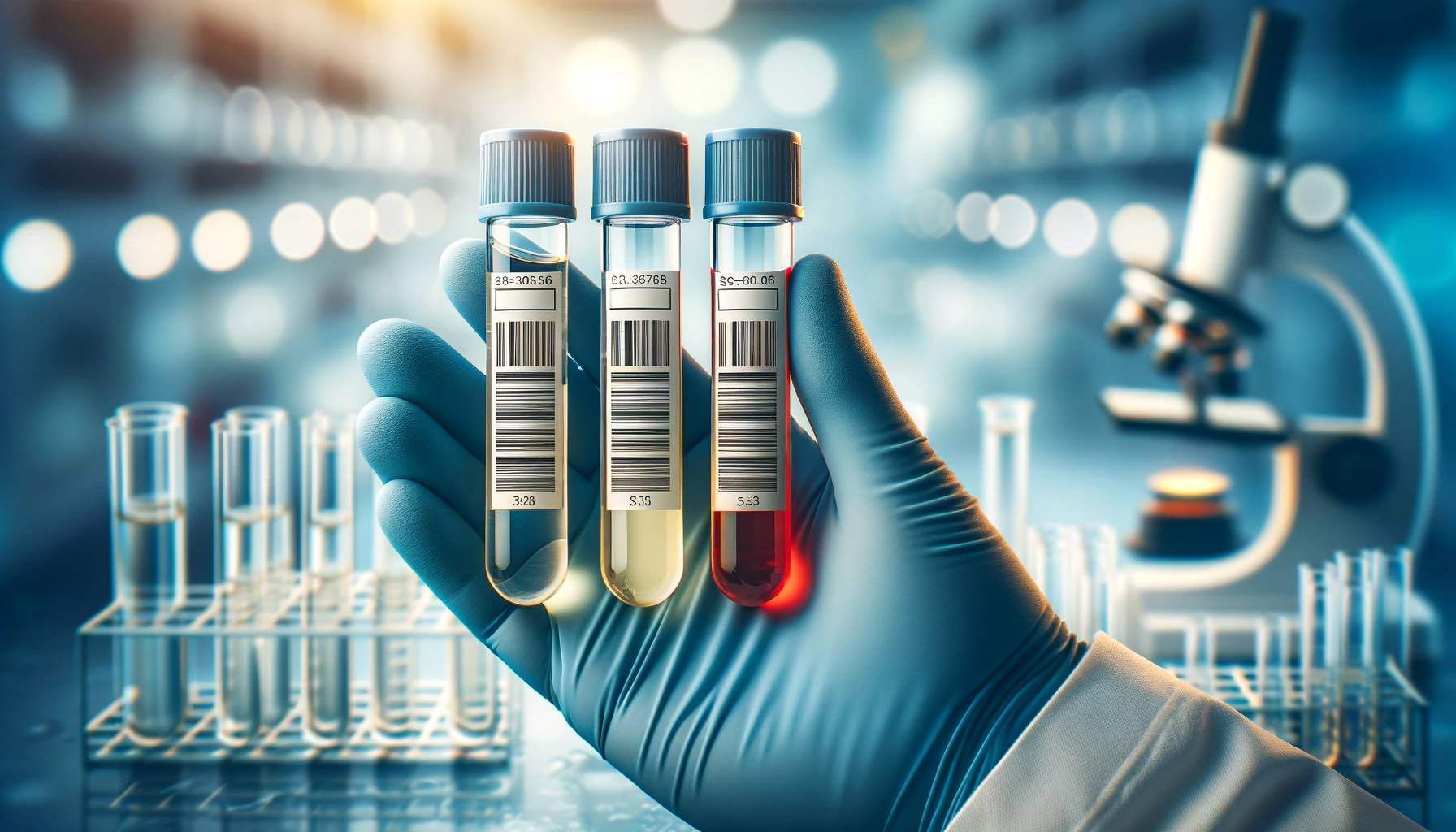Kratom Safety: ACS Laboratory Takes Lead in Addressing Manganese
- Kratom Product Sample Study Findings
- Health Risks of High Manganese Levels
- ACS’ Manganese Testing Solution
ACS Laboratory is at the forefront of scientific advancements in kratom safety testing. This dedication has led the team to add manganese to its comprehensive kratom panel in response to a seminal 2022 kratom safety study conducted by Virginia Commonwealth University (VCU), highlighting the potentially high concentration of this heavy metal in commercially available Kratom products.
Kratom has been the center of attention due to its potential functional, recreational, and therapeutic benefits. ACS Laboratory, in collaboration with Mitra Science, recognizes the importance of ensuring consumer safety, especially in light of concerns about heavy metal contamination in Kratom products.
Kratom Product Sample Study Findings
The VCU study, "The Analysis of Commercially Available Kratom Products in Richmond, Virginia," demonstrated an alarming finding: some Kratom products contained up to 20 times the tolerable upper intake of manganese. This revelation underscores the urgency of more comprehensive testing and necessitates an immediate industry response to safeguard public health.
Need a Test or Have a Question
Health Risks of High Manganese Levels
Manganese is an essential mineral necessary for many physiological functions. However, excessive intake can cause harmful neurological effects, leading to a condition known as manganese toxicity or manganism. This disease mimics the symptoms of Parkinson's and includes tremors, difficulty walking, and facial muscle stiffness. This risk means manganese testing is crucial for consumer safety and integral to preserving the Kratom industry’s reputation and integrity.
ACS’ Manganese Testing Solution
At ACS Laboratory, we’re proactively responding to these research findings by elevating the industry standards for Kratom safety testing. We’ve incorporated manganese testing into our comprehensive heavy metals panel, including arsenic, lead, mercury, cadmium, and nickel. Our Kratom heavy metal testing profile is now the most comprehensive industrywide.
Our testing methodology employs the latest analytical chemistry using Inductively Coupled Plasma Mass Spectrometry (ICP-MS) to detect the minutest traces of manganese in Kratom products. This advanced technique allows us to deliver accurate, reliable, and actionable data, ensuring only the safest Kratom products reach consumers. Test results come with clear pass-fail parameters, allowing vendors and consumers to easily interpret and feel confident in the results.
We firmly believe manganese testing sets an unprecedented benchmark for the industry, ensuring enhanced consumer safety and critical brand trust.
The Heavy Metal Calculator: A Step Forward
In collaboration with Mitra Science, ACS has introduced a Heavy Metal Calculator. This interactive tool allows consumers to assess the safety of their Kratom products based on metal content, ensuring informed decisions and promoting a safer consumer environment.
Manganese Bioavailability: A Complex Picture
Various factors influence the bioavailability of manganese. For instance, while tea leaves like Kratom are rich manganese sources, tannins can inhibit absorption. Tannins, a type of polyphenol, can bind to manganese, making it less bioavailable. Additionally, foods high in phytic acid or oxalic acid can inhibit manganese absorption. The presence of other minerals, such as iron, calcium, and phosphorus, can also affect manganese retention.
Additionally, the Kratom consumption method plays a significant role in determining manganese intake and bioavailability. Brewing Kratom as tea and sifting out the leaf matter might reduce manganese consumption compared to directly consuming encapsulated leaf matter. Using an extract of the Kratom leaf can also influence the amount of manganese consumed. Thus, while certain products might be rich in manganese, the method of consumption and other factors determine how much of it is available for the body to use.
Check our Kratom testing services page for the latest product safety and testing information. Contact us if you’d like to test your Kratom products. Together, let's build a safer, more transparent Kratom industry.


.jpg)




.png)
.png)
.png)
.png)
.png)